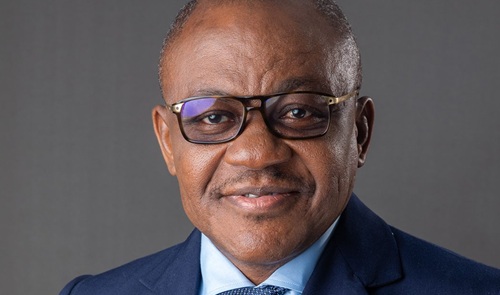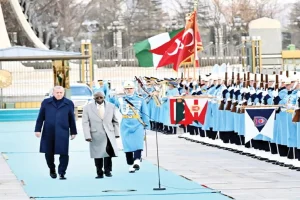The acting head of Ghana’s Fair Wages and Salaries Commission (FWSC) has suggested the introduction of an hourly wage system across all employment sectors. Dr George Smith-Graham believes this could significantly improve the earnings of casual workers and create a fairer wage structure.
Dr Smith-Graham put forward the proposal during a visit on Friday by the Parliamentary Select Committee on Employment, Labour Relations and Pensions to the FWSC, the National Pensions Regulatory Authority (NPRA), and the Management Development and Productivity Institute (MDPI).
He argued that an hourly wage framework could help formalise informal employment, increase the amount of money low-income workers have available to spend, and improve their access to social security protections. Furthermore, he stated that this approach would make wage calculations more transparent for both employers and employees.
“If we begin to look at an hourly wage structure, it will allow casual workers to be better compensated for their time, and could help reduce income inequalities in the labour market,” Dr Smith-Graham explained.
During the Committee’s visit to the NPRA, officials outlined current guidelines that permit individuals aged 50 and over who are permanently unemployed to access their tier-two pension funds. This access is conditional upon formal confirmation from their last employer and approval from the Labour Department.
The Chief Executive Officer of the NPRA, Mr Chris Boadi-Mensah, suggested that Ghana should consider raising the national retirement age from 60 to 65. He cautioned that the present system might not be financially viable in the long term and that a review could help prevent misuse of funds and ensure the stability of the pension scheme.
Meanwhile, the Director General of the MDPI, Professor Elijah Yendaw, highlighted some of the operational difficulties faced by the Institute. He cited a lack of adequate office space and limited opportunities for staff training as key concerns. Professor Yendaw added that with improved support, the Institute could make valuable contributions to Ghana’s development, given its existing human resources and experience.
The Chairman of the Parliamentary Committee, Mr Joseph Appiah Boateng, stated that the purpose of the visit was to assess the work of the three institutions, identify areas needing improvement, and contribute to shaping policies that would enhance their service to the public.





Add Comment